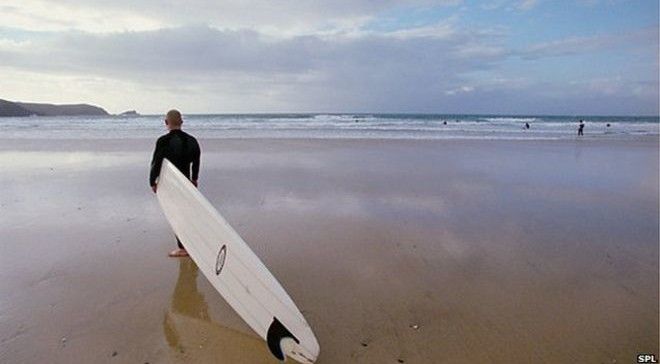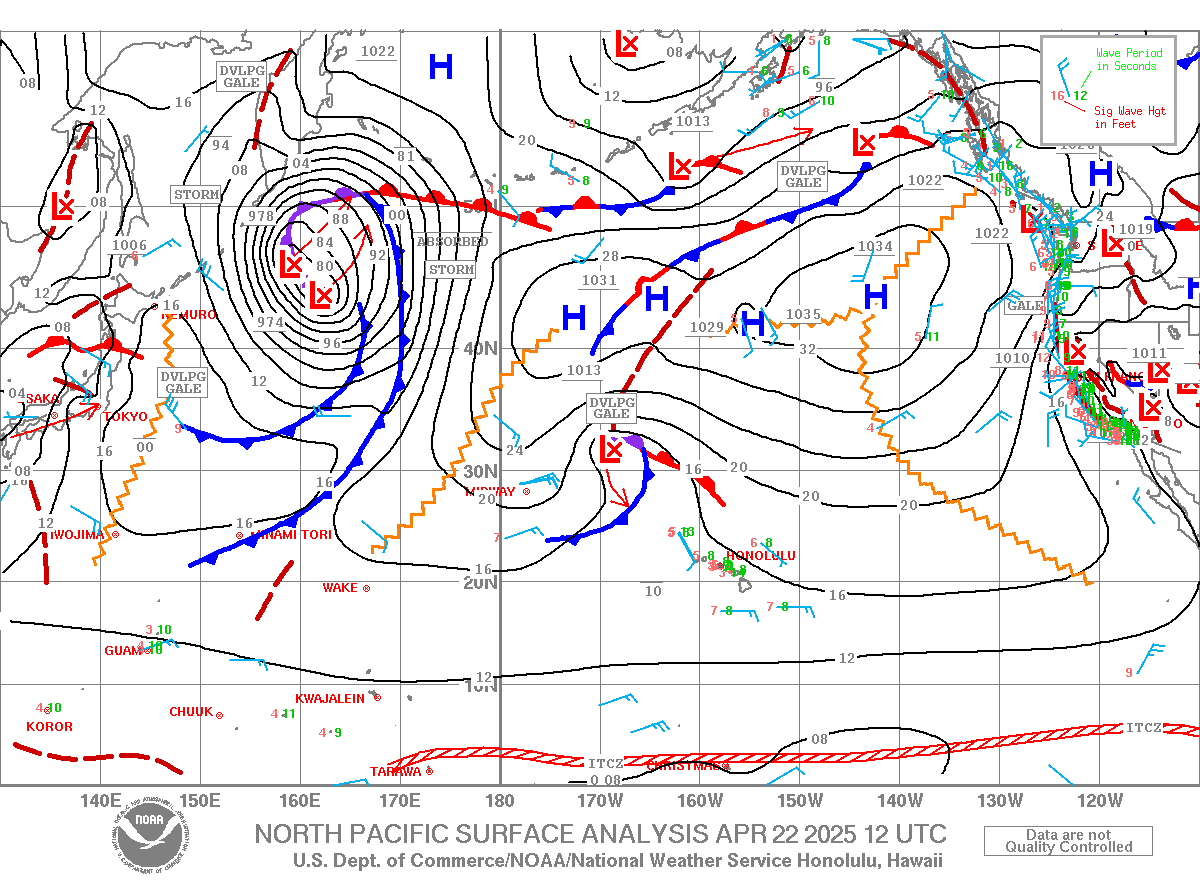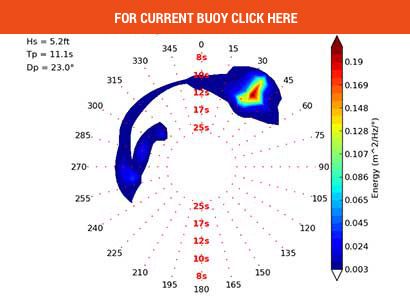
It isn’t pretty but the results will save lives. That’s a good thing for everyone. I know, as I surfed ‘bad water’ in Dec and got infected by some strange 6 week virus, staph infection lodged in my left side of the neck’s lymph system. The cough is still with me. I lost over 10 lbs. (and have kept it off). I believe the polluted H20 lead to my ‘vestibular Neuritis’ (vertigo) April 2nd. When the room spun out in a dizzy array of confusion, I thought my life could be over. But that’s another story. I’m still here and still getting better. But, from now on, Ill be more aware of ‘bad water’. Please do the same. I would never want this or anything like it to happen to you. Aloha and Mahalo, Gq, droppin in 4 U!
Ps. though this article is about stuff happening in Europe we still have plenty dangerous periods of brown water run off in Paradise. GO HERE
Scientists are launching an investigation into antibiotic-resistant bacteria, known as “superbugs”, by gathering data from surfers’ rectums.
“Beach Bums” is the first UK project of its kind, teaming researchers with the action group Surfers Against Sewage.
Surfers are being asked to volunteer to provide rectal swabs to help scientists to find out the effects of marine pollution on human health.
Tests have shown water may contain antibiotic-resistant bacteria.
Lead researcher Anne Leonard is from the European Centre for Environment and Human Health at Exeter University.
“We’ve already shown that this water may contain antibiotic-resistant bacteria but we have no idea how this might affect the microbes that live in our guts, or how it could impact upon health.”
There are an increasing number of bacteria that have evolved to become immune to even the most powerful antibiotics.
The superbugs make common infections much harder to treat.
The threat is considered to be so serious that US President Obama recently launched a five-year action plan to reduce the use of antibiotics in treating humans and animals.
In the “Beach Bums” project, the swabs will give researchers an insight into the microbes which colonise surfers’ guts.
By comparing these samples with others from people who don’t regularly spend time in the sea, they will learn more about how superbugs in the environment can affect people.
Informed approach
According to Surfers Against Sewage (SAS), this is the first time that the surfing community has got so closely involved with a scientific study.
Andy Cummins from SAS said: “We have been laughing about swab parties going on around the country, but this is set against the background of a really important project.
“Whilst water quality has improved dramatically in the last 20 years, coastal waters can still be contaminated by sewage from both animals and humans, introducing billions of potentially harmful bacteria into the ocean environment.
“We will give this data to the scientists, to find out if there is elevated risk of being exposed to antibiotic-resistant microbes for water users. This can give us a more informed approach.”
SAS is calling for 300 surfers around the country to get involved. The results are expected to be released in 2016.





















